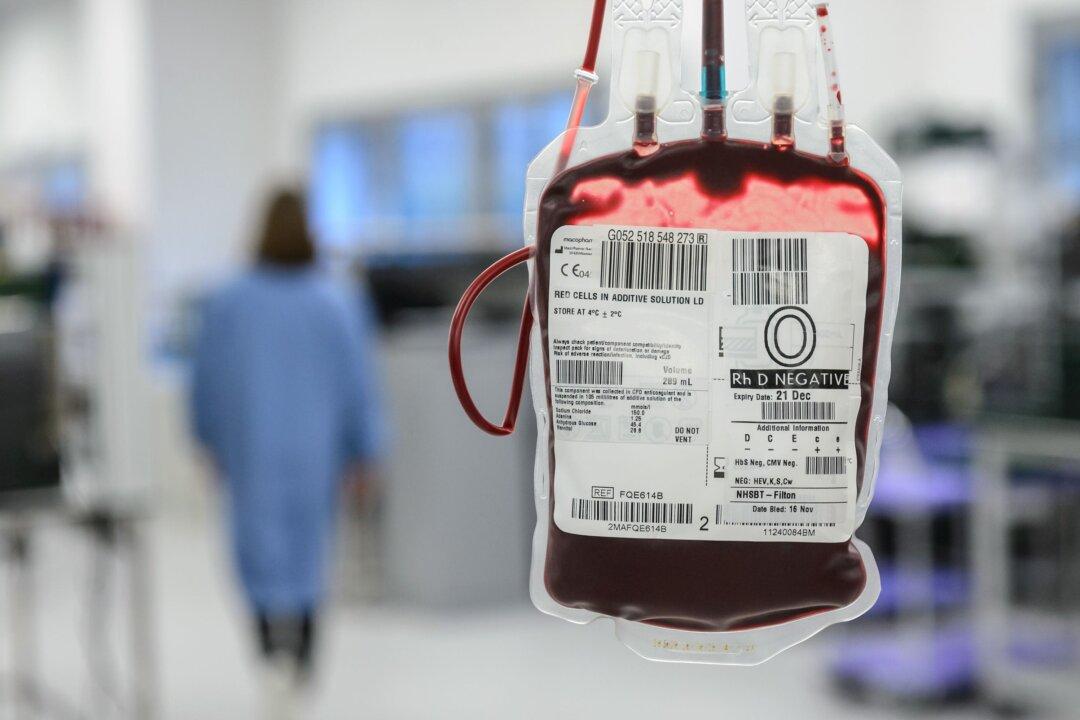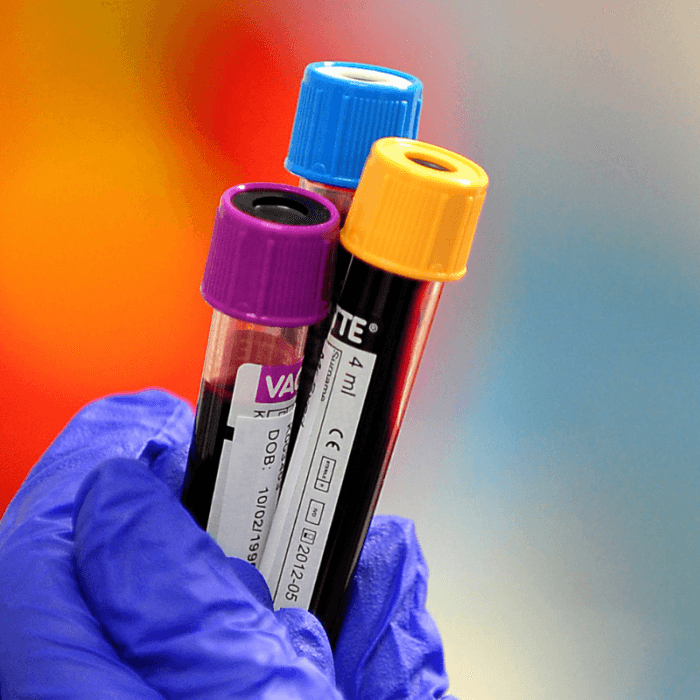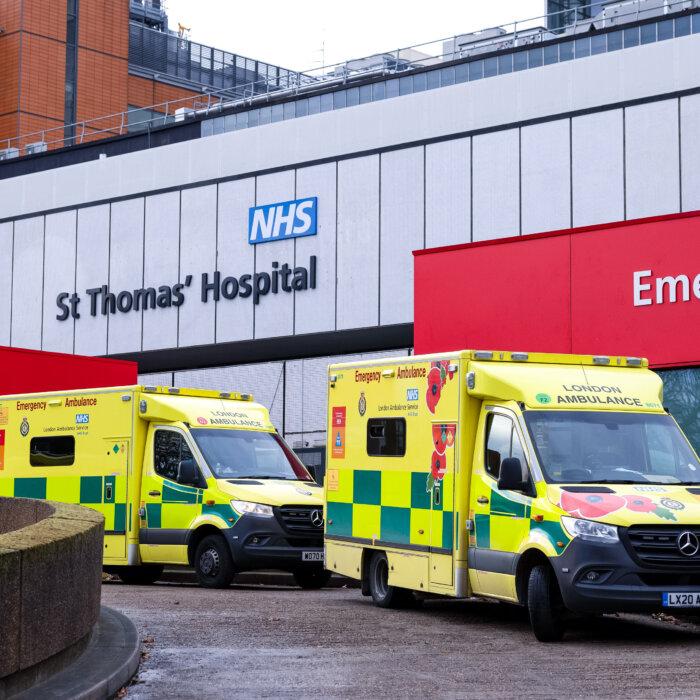The NHS has issued a national blood shortage amber alert for only the second time ever, after supplies of O type blood reached unprecedentedly low levels.
NHS Blood and Transplant (NHSBT) asked hospitals on Thursday to restrict the use of O type blood to essential cases. An amber alert also means that hospitals move staff to labs to vet the use of all O type blood.
The call comes amid what the NHS called a “perfect storm” of increased demand of O type blood from hospitals following a cyberattack that hit major London hospitals in June and meant appointments at donor centres went unfilled.
The national stocks of O negative are currently at 1.6 days, and 4.3 days for overall national stocks of blood across all types.
“We urgently need more O group donors to come forward and help boost stocks to treat patients needing treatment,” said NHSBT Chief Executive Jo Farrar.
O negative, known as the universal blood type, is used in emergencies or when a patient’s blood type is unknown.
Cyberattack
The cyberattack hit NHS systems on June 3 and impacted major London hospitals using Synnovis, a software provider for pathology services.King’s College Hospital and Guy’s and St. Thomas’s Hospital, which includes the Royal Brompton and the Evelina London Children’s Hospital were impacted by the cyberattack.
As a result, hospitals had to cancel or redirect medical procedures to other NHS providers. The attack also affected services including blood transfusions and test results.
“Since the start of the incident in June, those hospitals have needed an additional 1.7 days of O negative – a 94 per cent increase compared to the same period last year and equating to 170 additional O negative donations every week,” NHSBT said in a statement.
Blood Donation
Hospitals will continue to carry urgent surgeries, but the NHS warned that to sustain the required blood supply, donation appointments need to be close to fully booked all year round.Blood has a shelf life of only 35 days, with female donors allowed to donate every four months and male donors every three months.
Dr. Gail Miflin, NHSBT chief medical officer, said that three blood donations are needed every minute to deal with emergencies, childbirth, and routine treatments.
“There are just under 800,000 regular blood donors, 108,000 of whom are O Negative. Ultimately, we need more people to be regular blood donors and come to one of our 25 donor centres,” Dr. Miflin said in a statement.
Health care officials also noted that summer is a “challenging” time to get people to donate blood owing to summer holidays and travel abroad.
At the same time, changeable weather and heatwaves can lead to increased numbers of people unable to give blood owing to a lack of hydration or lower iron levels in their blood.
The National Medical Director of NHS England, Sir Stephen Powis, has thanked regular blood donors across the country and encouraged patients to come forward for care if they need it.
This is the second time ever the NHS triggered an amber alert over a blood supply shortage. The first was issued in October 2022 owing to staffing issues.







